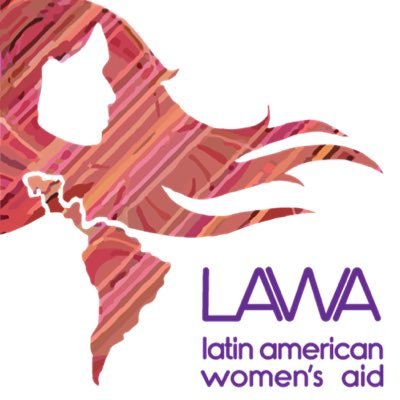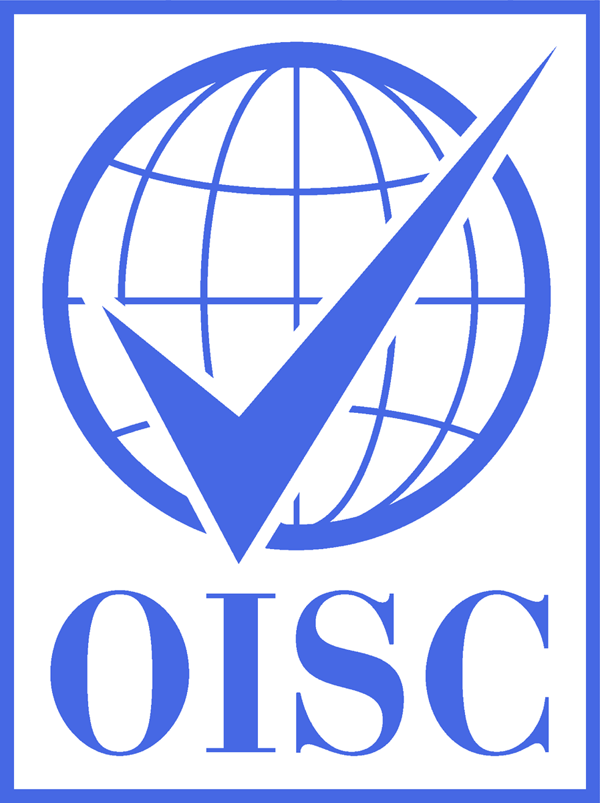In this 2022 International Water Day, under the slogan “Make the invisible visible”, we invite you to support and follow indigenous, peasant, and Afro-descendant women in Latin America and the Caribbean who are land and water defenders. At LAWA we recognize that many women and communities fight every day for access to water as a common good and as a human right.
Most of the world’s freshwater reserves are found in Latin America. Brazil is the territory with the most water, followed by Colombia and Venezuela. Between Uruguay and Argentina is the Río de la Plata, and Perú also has reserves of its mountain ranges. The abundance of water for human consumption is because the Amazon, Orinoco, and Río de la Plata rivers are among the most important river basins in South America. In addition, the Guaraní aquifer (Brazil, Argentina, Paraguay, and Uruguay) is one of the largest groundwater bodies.
The rivers, lagoons, snow-capped mountains, mountain ranges, and glaciers in Latin America provide part of that 2.5% of the world’s water that is consumable. However, not all communities can access water due to lack of infrastructure, due to the advance of urbanization and gentrification, and recently due to the construction of hydroelectric projects that threaten to capture all the water, stripping this vital liquid from the communities that have inhabited these territories since ancient times.
Countries like Bolivia have had wars over water in Cochabamba since 2000, and have recently faced deforestation due to the cultivation of coca and soybeans, while 51% of its territory is affected by desertification due to the burning of crops, urbanization, climate change and illegal mining. In Chile, avocado planting is leaving local communities without water, because water is not a human right but rather private property.
In this scenario, women play a fundamental role. Berta Cáceres in Honduras (murdered in 2016 for her struggle), María Do Socorro Silva in Brazil, Máxima Acuña in Perú, Verónica Vilches in Chile, Yuli Velázquez in Colombia and Teresa “Guni” Cañas in Argentina are examples of how women and their communities not only bear the responsibility of taking water. Historically, the women are the front-line defenders of rivers and water sources in the face of extractive megaprojects, which, as is the case with open-pit mining and large dams, threaten to pollute the water or divert the rivers.
It is no coincidence, then, that many communities have been forced to displace today in Latin America. These environmental crises lead entire communities to seek justice even in international courts.
From this reality, we invite you to make visible the struggles of women defenders of the land and the water. Support their campaigns to build better infrastructure to have clean water. Denounce the corruption and dispossession of transnational businesses that make a profit from the resources of our territories. Show solidarity with the land defenders who are criminalized and killed every day for disagreeing with the corruption of local governments, for their opposition to the criminalization of social protest, and for rejecting the militarization of their lands. Without water, there is no future, and without a future, there is no hope.
Resources:
https://actualidad.rt.com/actualidad/181075-paises-mayores-reservas-agua
https://heraldodemexico.com.mx/mundo/2021/4/8/estos-son-los-paises-con-mas-agua-potable-en-el-mundo-se-acerca-la-guerra-por-el-vital-liquido-281548.html
https://www.dw.com/es/las-paltas-de-chile-y-el-conflicto-por-el-agua/a-44560911
If you are interested to know more about Women Defenders of the Land and the Water in Latin America: https://www.biodiversidadla.org/Recomendamos/Mujeres-a-contracorriente-las-defensoras-del-agua-en-Latinoamerica





